2010 Chris Lehmann.
Published by OR Books, New York.
First printing 2010.
All rights reserved. No part of this book may be reproduced or transmitted in any
form or by any means, electronic or mechanical, including photocopy, recording,
or any information storage retrieval system, without permission in writing from
the publisher, except brief passages for review purposes.
Introduction
American class privilege is very much like the idea of sex in a Catholic schoolits not supposed to exist in the first place, but once it presents itself in your minds eye, you realize that its everywhere. And as with the upholders of adolescent propriety for the Mother Church, the forces of repression in our political economy are well armed with orthodox articles of faith. Social critics and academicians have expended heroic amounts of ink to explain Americas exceptionalist indifference to the distinctions of classfrom the absence of a feudal tradition to the frontier thesis to the convulsions of upward social mobility across the generations. Scholars appealing to these forces have all preached, in one way or another, that the condition of wage earning in the New World is but a passing way station on the path to real wealth and entitlement. Why, after all, should anyone militate on behalf of the interests of an American working class when no one intends to remain within its ranks for very long? And, conversely, why should anyone insist theres anything amiss with a society that lavishly coddles those who are fabulously well-to-do when we all long to be borne aloft in their company?
These are, to be sure, compelling explanations of our countrys curiously complacent outlook on the politics of wealth and privilegebut they also seem more than a little pat. Canada, after all, had a western frontier and no strong attachment to feudal tradition, and has nonetheless spawned a robust labor-led politics, a single-payer health-care system, and a rather hale welfare state securing basic income supports and social equality. Social mobility has of late been higher in the allegedly fusty Old World social orders of Britain, Denmark, and Swedenplaces that can lay a far more legitimate claim to the conservative epithet socialist than the business-friendly centrism of the Obama Democratic policy elitethan in the deindustrializing, debt-ridden United States.
If were to understand the stubborn resistance to the idea of social classespecially in the wake of the Great Recession of 2008, which all too plainly elevated the fortunes of the financial elite over the notional prosperity of Americas declining middle orderswed do well to relax our fealty to the ironclad determinism of past explanations. In the spirit of the suggestible Catholic student, we should recur instead to the piecemeal psychology of the absent presenceto look more closely at the freestanding institutions that reinforce and strategically update the coordinates of the reigning social consensus on economic reward and punishment.
From this vantage, the lionization of wealth becomes less a fixed catechism in the American creed than a contingent set of post hoc rationalizationsattached here to the idea of undeviatingly gargantuan executive compensation for the financial elite, and there to the business presss delusional romance with the ever-mythical free market. This outlook has the advantage of making our state of chronic class denial much less forbidding than it would be as a destiny-shaping verdict handed down from our colonial past. But neither is that to say that its social power is diluted by virtue of its comparative rootlessness. Quite the contrary, in factthe paper-thin and amnesiac way that we continue to reckon with questions of wealth and social privilege accounts in large part for its staying power. Writing in 1956 of the formative consensus that took shape on these issues during the Cold War, C. Wright Mills observed that it hinged on a PR vision of overclass achievement, whereby liberals and conservatives alike found the power elite to be diversified to the point of powerlessness. So far as power is concerned, nobody really makes decisions; let us fall back upon official and formal images of representative government. So far as wealth or high income is concerned, that is without decisive consequence, although it does perhaps affect the tone of society at large. Besides, everybody in America is rich nowadays. This unserious liberalism is the nerve-center of the present-day conservative mood.
That statement serves as a letter-perfect diagnosis of our socioeconomic plight more than half a century latersave that its now a tad harder for consensus thinkers to insist that every American is rich. Nonetheless, its been striking to observe just how little the present crisis has altered the basic terms of political engagement on all sides. When the US economy veered toward cataclysm in the 1890s and the 1930s, mass political movements registered a new national distemper. The Peoples Party of the late nineteenth century went so far as to advocate an alternate production-based system of currency and exchange, known as the Subtreasury, a reform that eventually got watered down into the Free Silverite attack on the gold standard when the party fused with the Democrats in 1896. And the thirties, of course, witnessed the enactment of many of the core reforms first advanced during the populist and Progressive eraspublic ownership of utilities, federally funded income support and retirement plans, enormous national public works projects, and the like.
One might reasonably ask what it would take for the basic truths of class division to sink in on todays American scene, after the reckless expansion of our paper economy has consigned entire productive sectors of business enterprise into the dustbin of history; after the bailed-out financier class continues to rack up obscene performance bonuses on the government dime; after the securitization of debt has left millions of American homes foreclosed, and millions more underwater. Instead, we remain in thrall to an unserious liberalism that continues to entrust most major economic policy decisions to career investment bankers, and to a conservative movement rhetoric that equates populism with heartland-approved consumption habits and evangelical culture-wars posturing.
In this deeply incoherent state of affairs, its little wonder that conservatives were able to oppose a stimulus plan that actually lowered taxes for the vast majority of Americans by characterizing it as a feckless big-government tax increase. Or that the anemic final version of health-care reformlarded with massive giveaways to the insurance and pharmaceutical lobbiescan be widely depicted as a government takeover of American medicine or, indeed, as full-blown socialism. We appear to have descended to the point where political economy, formerly the central organizing force in our national politics, has become a floating signifier, intended to say more about the demographic profile of individual political actors than anything about the collective cast of our productive lives, and how the rewards for our labor can be distributed more fairly and equitably.


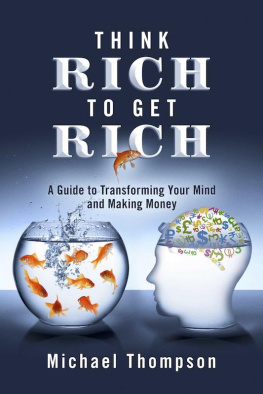
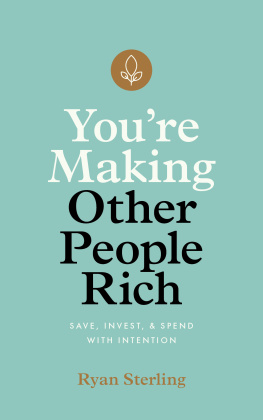
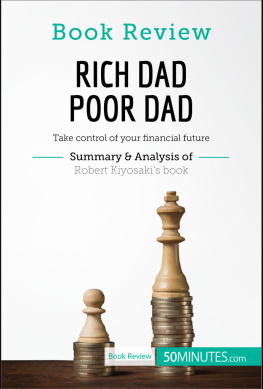
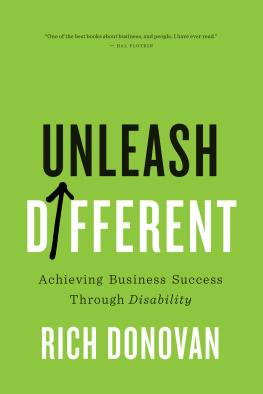
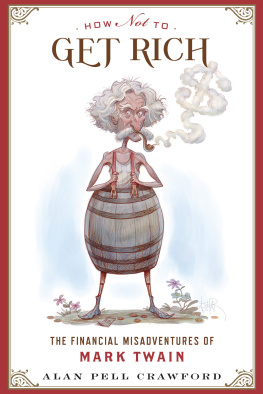
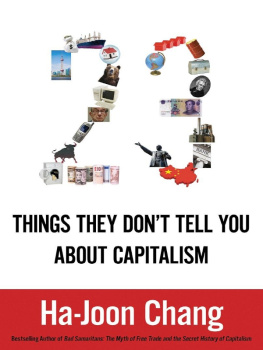
![Chris Skinner [Chris Skinner] - ValueWeb: How fintech firms are using bitcoin blockchain and mobile technologies to create the Internet](/uploads/posts/book/119678/thumbs/chris-skinner-chris-skinner-valueweb-how.jpg)


